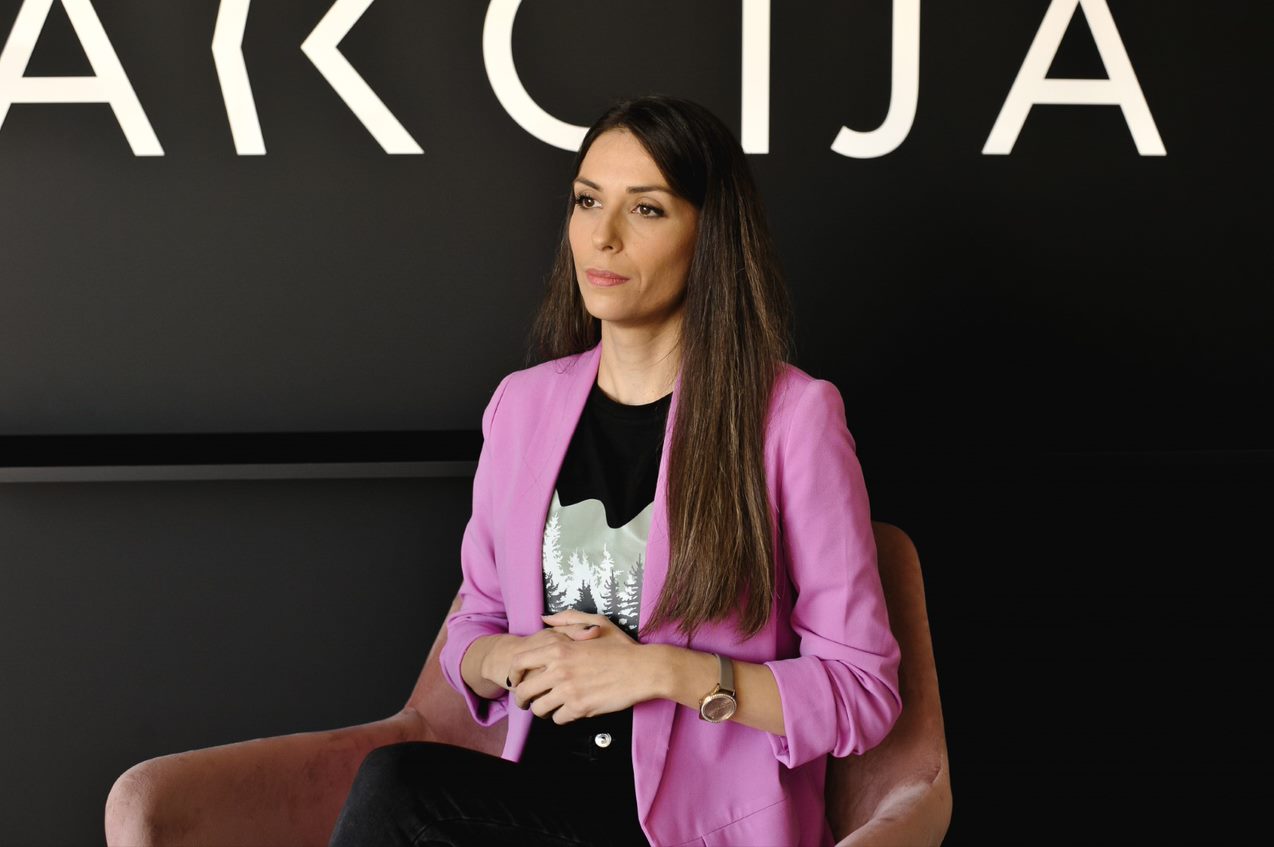The three-day voting cycle for the European Parliament elections in EU countries has concluded. The EU has voted and (unfortunately) veered to the right.
The elections were preceded by an intense anti-EU campaign that spread to our common language region. The campaign was marked by the dissemination of numerous stereotypical and manipulative narratives, as well as disinformation, fake news, and conspiracy theories.
Eurosong, the largest European music competition held in early May, served as a great prelude to spreading such content. Despite many performances sparking enormous public interest and justified debate about their meaning and the values they promote, as evidence that “the EU has no alternative” in a negative context, AI-generated photos of provocatively dressed men allegedly posing in front of the Eurosong panel were circulated. Eurovision was described as “moral decline, disease, and deviation of the mind” by those trying to discredit the “Eurosong expert jury” (which does not actually exist), despite the fact that the accompanying photo showed a group of people unrelated to the competition.
Following what some social media users dubbed “Satanvision,” disinformation spread that Germany allegedly plans to legalize pedophilia. It turned out that the new law only protects teachers and parents because the previous law led to the criminal prosecution of individuals who collect evidence for the police or unknowingly receive child pornography. Germany was also portrayed as teaching students that Russia is a “monster” and should be hated, based on claims by the In4s portal, whose texts on Ukraine, Russian aggression, and reactions from other countries are regularly debunked by regional fact-checkers. There is simply no evidence for these claims.
When it comes to “domestic” disinformation, it is important to mention that public opinion poll results about Montenegro’s EU accession were presented manipulatively. The Borba online portal claimed that “EUphoria” in Montenegro is declining, falsely stating that the number of opponents to EU entry has nearly tripled. Borba miscalculated.
Ursula von der Leyen, now fighting for a second term as President of the European Commission, was also a target of disinformation. Local manipulators interpreted her public address at a summit in Copenhagen at the end of May as a threat to anyone holding views opposed to the “globalist narrative.” Allegedly, she stated that “free thinking and free speech threaten the 2030 Agenda.” None of this is true, as von der Leyen was actually speaking about combating disinformation and promoting media literacy, specifically about “debunking” and “prebunking,” terms well-known to fact-checkers.
And where there are globalists and the 2030 Agenda, there is, of course, satanism. This is where the famous Klaus Schwab steps in, supposedly announcing that satanism should become the state religion of Europe, with all of this allegedly stated on von der Leyen’s official website. It is clear that this is not true, and besides, Schwab has absolutely no connection with the EU or its bodies.
In addition to the above, our team debunked disinformation directly related to the European elections, such as the false claim that Ukrainian President Volodymyr Zelensky bought one of the largest casinos in Europe, implying this is where all the money sent to Ukraine by allies is going. There were also claims that his wife was involved in kidnapping and selling “underage Ukrainian children to pedophiles in Western countries.” Neither has Zelensky bought a casino nor is there any evidence for the child trafficking allegations.
One thing is certain: whether we talk about elections or not, the EU is increasingly being targeted by disinformation narratives aimed at undermining its reputation, integrity, and, ultimately, the values around which member states are united.
Jelena Jovanovic
Executive Editor of Raskrinkavanje.me
This project is funded by the US Embassy in Podgorica. The opinions, findings, conclusions, or recommendations expressed herein are those of the author and do not necessarily reflect the views of the US Department of State/Government.


